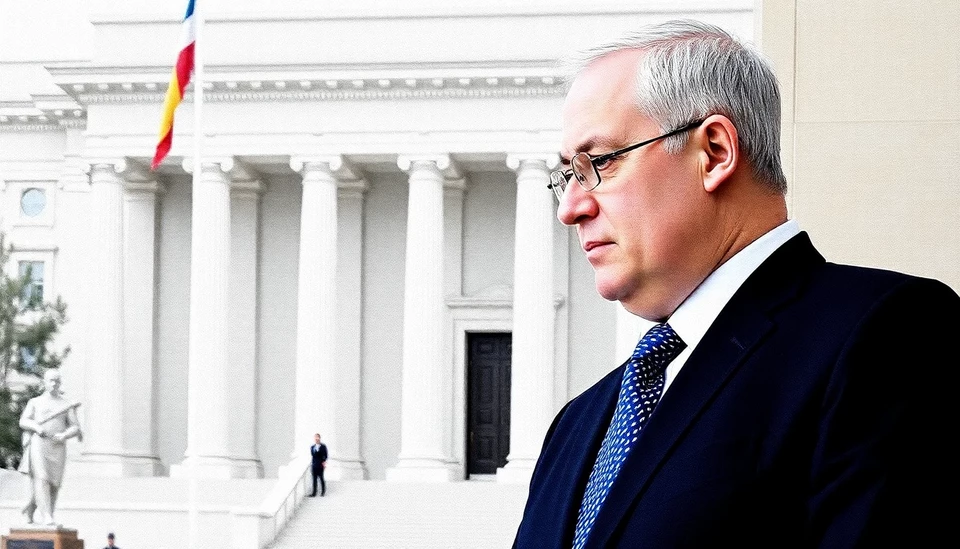
In a decisive move reflective of the current economic landscape, the Bank of Israel has opted to keep its benchmark interest rate unchanged at 4.75%. This decision comes at a time when the nation is grappling with heightened inflation and the adverse impacts of an ongoing war, which collectively pose significant challenges to the stability of the economy.
Despite an increase in inflation rates, which have reached 4.1% in October, the central bank has chosen to adopt a cautious approach, prioritizing economic growth over aggressive monetary tightening. Economists are noting that while the war has led to an uptick in prices, particularly for food and housing, it has simultaneously impacted economic activity, stalling sectors that are vital for growth.
Market analysts point out that the prolonged conflict has disrupted not only consumer confidence but also international trade relations, creating a ripple effect across various economic indicators. The decision to hold rates is seen as an attempt to strike a delicate balance between curbing inflation and fostering a conducive environment for economic recovery. With forecasts suggesting that inflation may ease into the next year, the central bank's strategy appears to be one of patience, allowing time for the economy to stabilize post-conflict.
The recent macroeconomic data further illustrates the complexities faced by policymakers. As inflation surges due to war-induced supply chain disruptions, the economy is simultaneously exhibiting signs of a slowdown, with growth projections being revised downward. In this uncertain climate, the Bank of Israel is keen on monitoring trends closely, positing that any future changes to interest rates will be contingent on forthcoming economic data and developments in the ongoing conflict.
Furthermore, the fallout from the war has led to increased government spending, particularly on defense and public support programs aimed at assisting affected citizens. This spending surge places additional pressure on public finances, which could complicate the central bank’s fiscal landscape for the foreseeable future. As such, the central bank's current rate decision reflects an awareness of these intertwined challenges and the necessity to maintain an equilibrium that fosters economic resilience.
As Israel navigates these turbulent waters, the strategic decisions made by the Bank of Israel will likely influence investor sentiment and overall economic perception in the region. Observers are keeping a close eye on monetary policy in the coming months, especially as the country seeks to mitigate the impacts of inflation while also invigorating a sluggish economy.
In conclusion, the Bank of Israel's choice to maintain current interest rates underscores a strategic focus on managing inflation amidst a backdrop of economic uncertainty. As the situation evolves, stakeholders will await further indications from the bank regarding its plans for monetary policy adjustments.
#BankOfIsrael #InterestRates #Economy #Inflation #IsraelConflict #EconomicStability #MonetaryPolicy #CentralBank
Author: Daniel Foster




